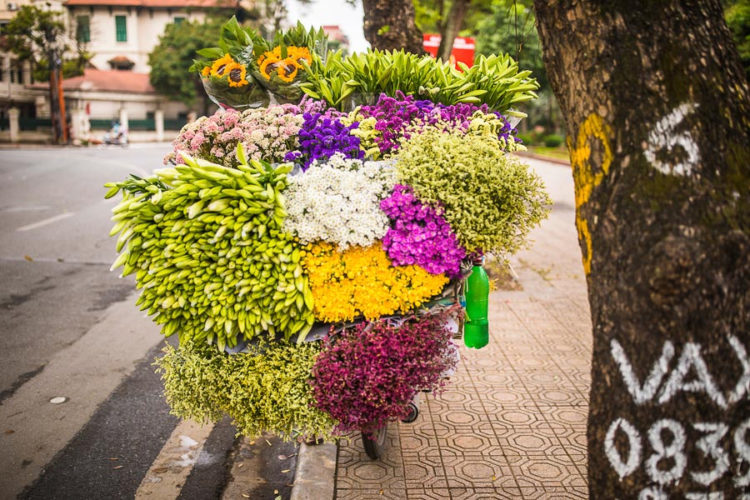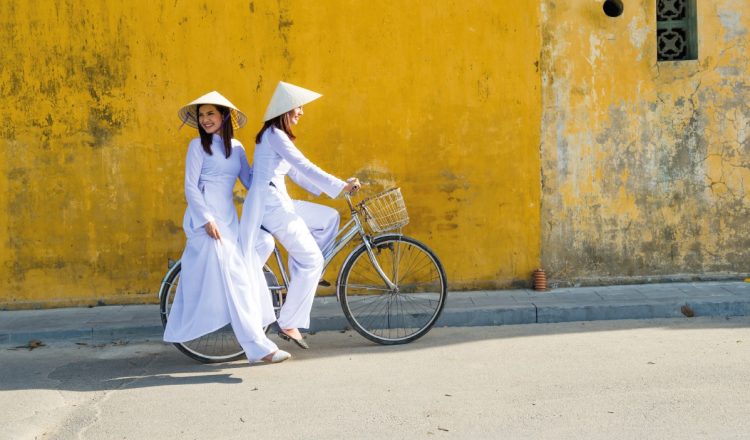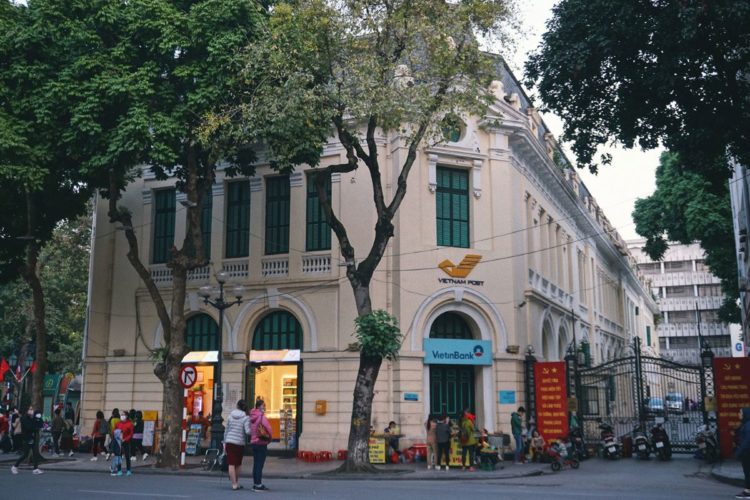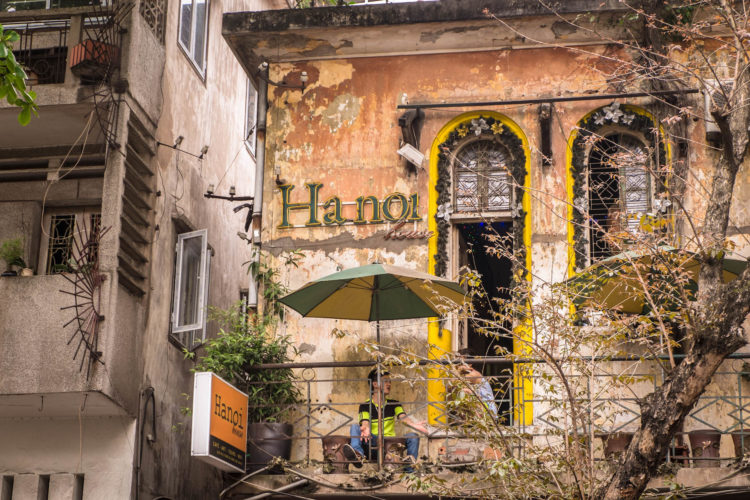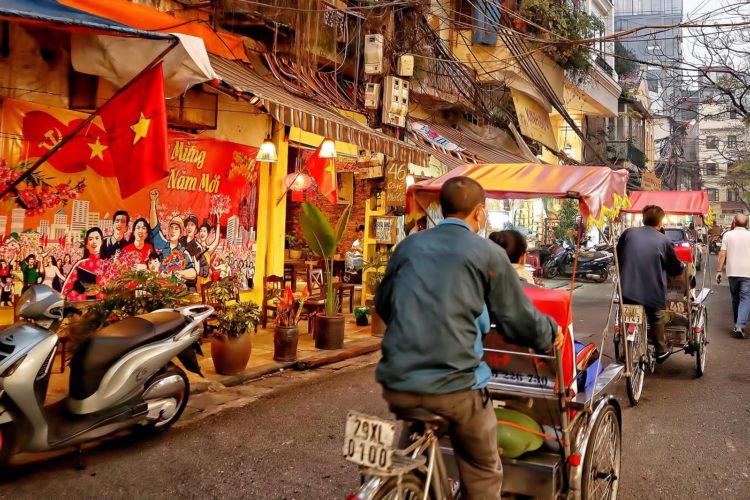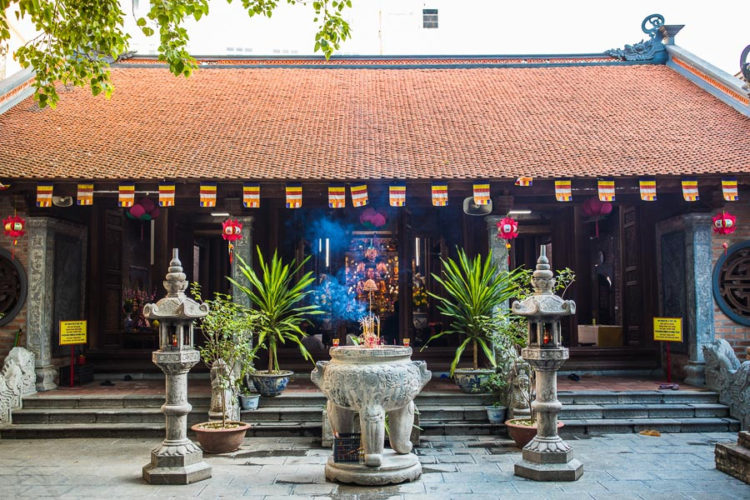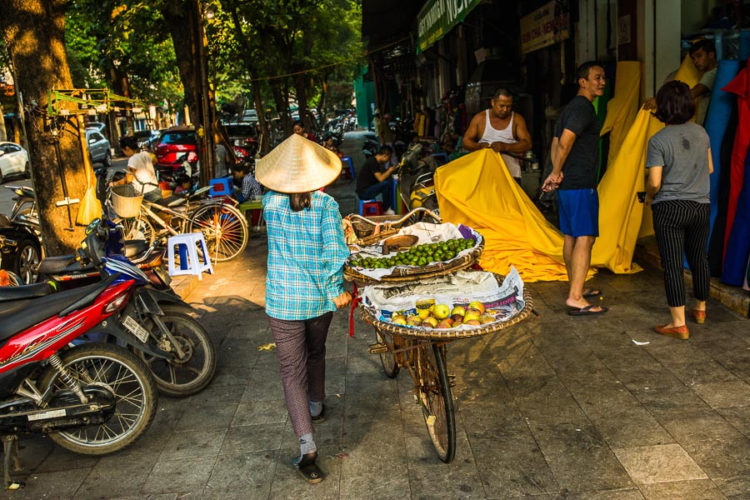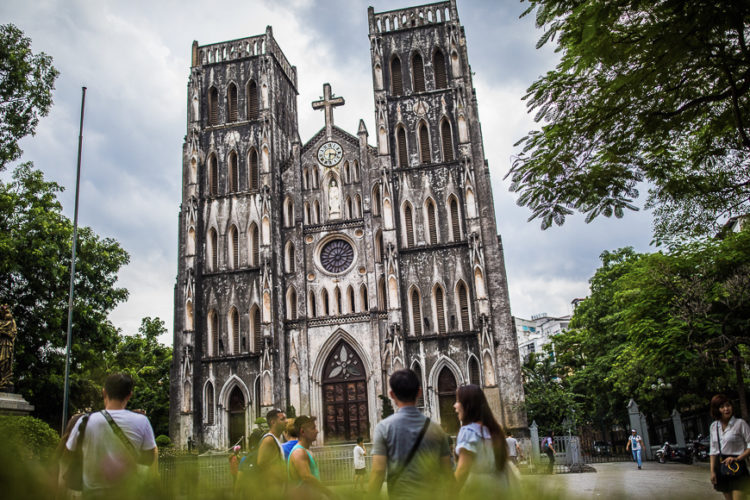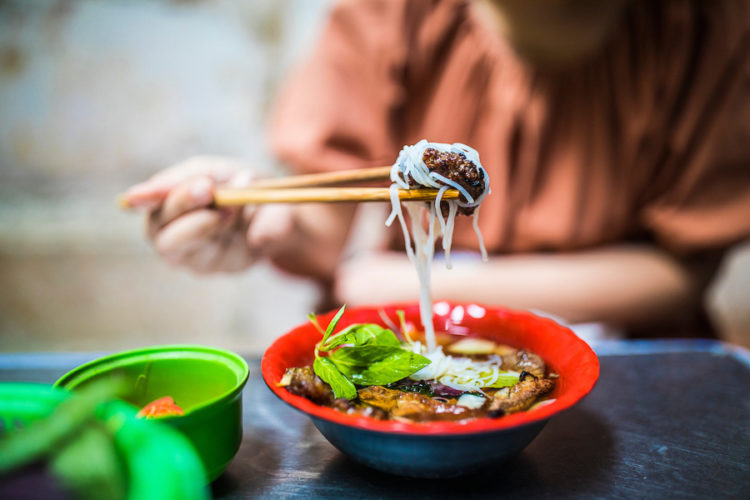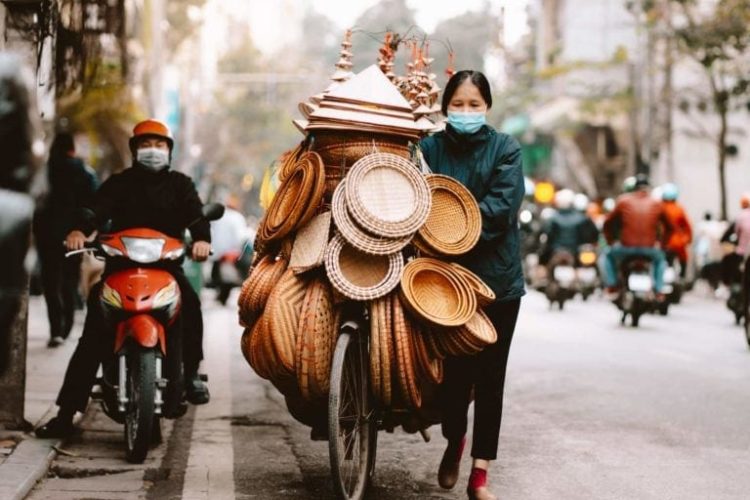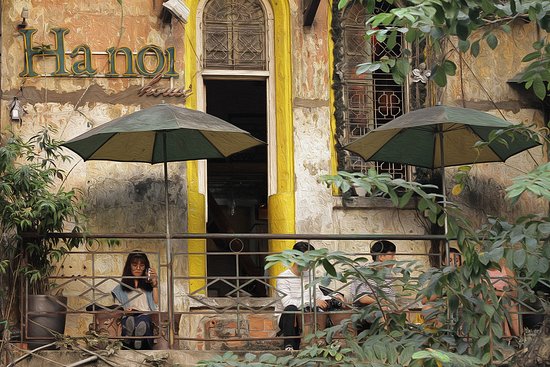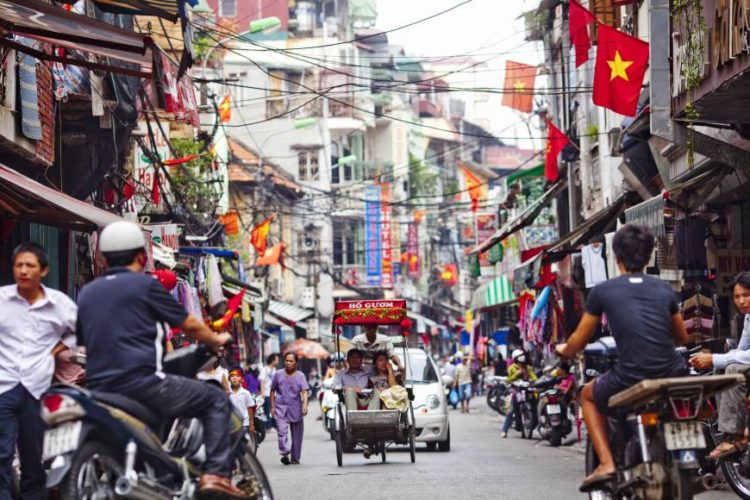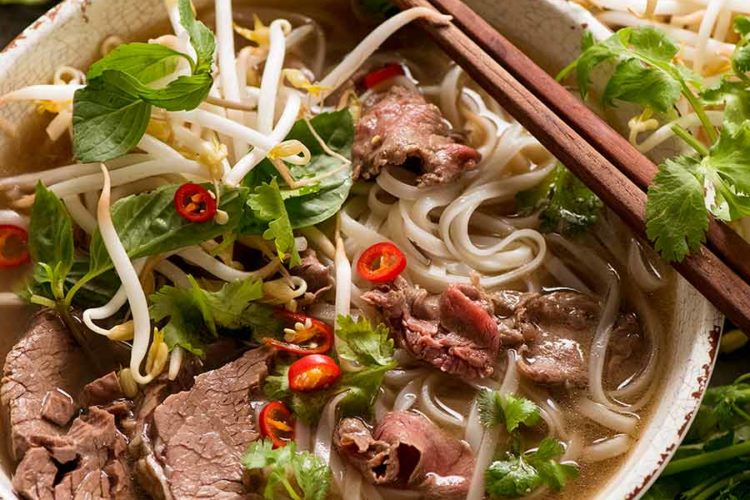General information
Vietnam has a rich history and its culture was influenced by thousand years of colonization. Vietnamese values, norms and moral compasses has been affected by Chinese culture and its Confucianism due to a thousand years of Chinese colonization. Since 19th century, the country was colonized by French which can be seen and experienced in the Northern Vietnamese culture in architectures and foods. From the 20th century and 1990s, the culture was major impacted by American culture, especially in Southern Vietnam with its fashion and styles. As an explorer, you can find Vietnamese culture is deeply diversified.
About Hanoi
Hanoi city is the capital of Vietnam which located in the Northern Vietnam within the Red River Delta. The city is known as center of politics and culture of Vietnam.
Hanoi is a charming city with convergence of cultural and historical essences of Vietnam. Its charm comes from the mixture of remained heritage and French oriental style architectures from hundred years while undergoing strong growth with modern skyscraper buildings, that will exist forever over time.
Work culture
It may be tough to condense Vietnamese work culture and etiquette into a few paragraphs but points mentioned below should give you a good enough grasp and enable you to work more effectively with Vietnamese colleagues.
- The Vietnamese are well known as very friendly, easy-going, optimistic, and have an easy smile. They are quite shy when you first meet and they need time to build trust on people. In order to break the ice in the beginning, it could be a good idea to go to café shops during lunch break or dining after working hours.
- Vietnamese employees are quite punctual, especially in business meetings. However, a tolerance of about 5 minutes late is also normally acceptable in Vietnamese working culture.
- Vietnamese culture is built on the Confucian belief where wisdom and experience are highly respected and the high hierarchical structure. As such, seniority and showing respects are important concepts in Vietnam. It is common that most Vietnamese feel they have the obligation to respect people who are older than them. Since teaching is a noble profession, Vietnamese Teacher’s Day (20th of November) is a big day not only for teachers but also for all society.
- One notice is that not all Vietnamese know how to shake hands properly because they may not have been taught that. Therefore, a loose handshake doesn’t show that the person is untrustworthy or impolite. A quick handshake between opposite sex is seen as usual. Due to the fact that despite much of Vietnam becoming modernized many of the traditions still stand, especially when it comes to showing affection for the opposite gender. A kiss on the cheek and hug are not recommended and will only cause embarrassment
- English speakers should avoid tag question because the answer from a Vietnamese can be confusing due to the different language structure. For example: – “Solution A isn’t good enough, is it?” – “Yes”. The answer “Yes” here means “I agree with you that solution A isn’t good enough”. Therefore, in order to avoid the misunderstanding, you should ask more specifically: “Do you agree that solution A isn’t good enough?”


